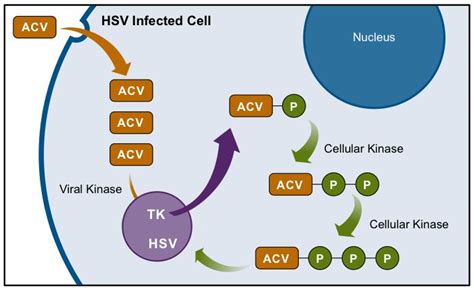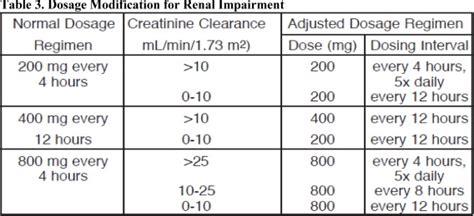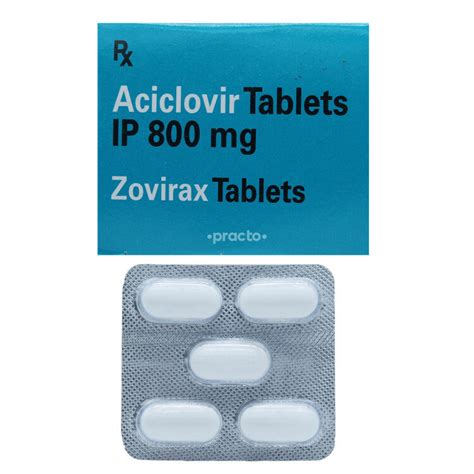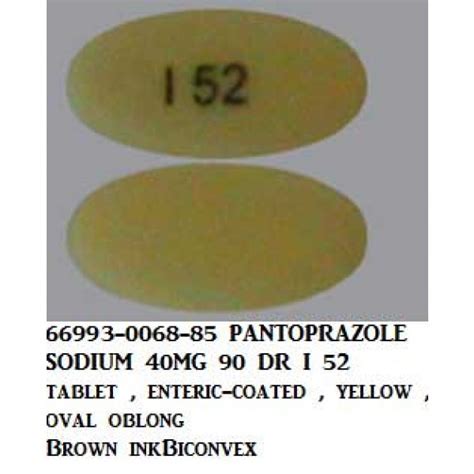Intro
Discover the proper Acyclovir 800 Mg dosage for effective herpes treatment, including usage guidelines, side effects, and interactions, to ensure safe and successful management of viral infections like genital herpes and cold sores.
The importance of understanding the proper dosage and administration of medications cannot be overstated, especially when it comes to antiviral drugs like Acyclovir. Acyclovir is a widely used medication for the treatment of viral infections, including herpes simplex virus (HSV) and varicella-zoster virus (VZV). With its effectiveness in managing and reducing the severity of these infections, it's crucial for patients to follow the prescribed dosage to maximize its benefits while minimizing potential side effects.
For individuals suffering from viral infections, the correct dosage of Acyclovir can significantly impact the outcome of the treatment. A dosage of 800 mg is commonly prescribed for certain conditions, but it's essential to understand the context in which this dosage is recommended. The dosage may vary depending on the specific virus being treated, the severity of the infection, and the patient's overall health status. Healthcare providers consider these factors when determining the appropriate dosage and treatment duration for each patient.
The administration of Acyclovir involves careful consideration of several factors, including the patient's age, weight, kidney function, and the presence of other health conditions. Patients should be aware of the potential side effects and interactions with other medications to ensure safe and effective treatment. Furthermore, adherence to the prescribed dosage and treatment schedule is vital to achieve the desired therapeutic outcomes. In the following sections, we will delve into the specifics of Acyclovir 800 mg dosage, its indications, benefits, and important considerations for patients undergoing treatment with this medication.
Introduction to Acyclovir

How Acyclovir Works
Acyclovir's mechanism of action involves the selective inhibition of viral DNA synthesis. It is phosphorylated by viral thymidine kinase to form acyclovir monophosphate, which is then converted to acyclovir diphosphate and finally to acyclovir triphosphate. Acyclovir triphosphate competes with deoxyguanosine triphosphate for incorporation into viral DNA, resulting in the termination of viral DNA elongation. This action effectively stops the replication of the virus, reducing the viral load and alleviating symptoms.Acyclovir 800 Mg Dosage

Indications for Acyclovir 800 Mg
The 800 mg dosage of Acyclovir is typically indicated for the treatment of: - Herpes zoster (shingles) in immunocompetent adults - Initial episodes of genital herpes in adults - Severe cases of herpes simplex virus (HSV) infections It's essential for patients to strictly follow the dosage instructions provided by their healthcare provider, as the effectiveness of the treatment and the risk of side effects are closely related to the dosage and duration of therapy.Benefits of Acyclovir 800 Mg

Potential Side Effects
While Acyclovir is generally well-tolerated, patients may experience side effects, including: - Nausea and vomiting - Diarrhea - Headache - Fatigue - Dizziness - Renal impairment in patients with pre-existing kidney diseaseAdministration and Precautions

Interactions with Other Medications
Acyclovir may interact with other medications, including: - Probenecid, which can increase Acyclovir levels - Cimetidine, which may decrease Acyclovir clearance - Other nephrotoxic agents, which can increase the risk of kidney damageConclusion and Future Directions

Final Considerations
For patients considering Acyclovir treatment, it's essential to: - Consult with a healthcare provider to determine the appropriate dosage and treatment plan - Follow the prescribed regimen closely - Monitor for side effects and report them promptly - Practice preventive measures to reduce the risk of transmission and recurrenceWhat is the primary use of Acyclovir 800 mg?
+Acyclovir 800 mg is primarily used for the treatment of herpes zoster (shingles) in immunocompetent adults and for the initial episodes of genital herpes in adults.
How does Acyclovir work?
+Acyclovir works by selectively inhibiting viral DNA synthesis, thereby stopping the replication of the virus.
What are the potential side effects of Acyclovir 800 mg?
+Potential side effects include nausea, vomiting, diarrhea, headache, fatigue, and dizziness, as well as renal impairment in patients with pre-existing kidney disease.
We invite readers to share their experiences or ask questions regarding Acyclovir 800 mg dosage and its applications in the comments below. Your input can help others understand the benefits and considerations of this medication, promoting a more informed community. Additionally, feel free to share this article with anyone who might benefit from this information, contributing to the dissemination of knowledge on effective viral infection management.
